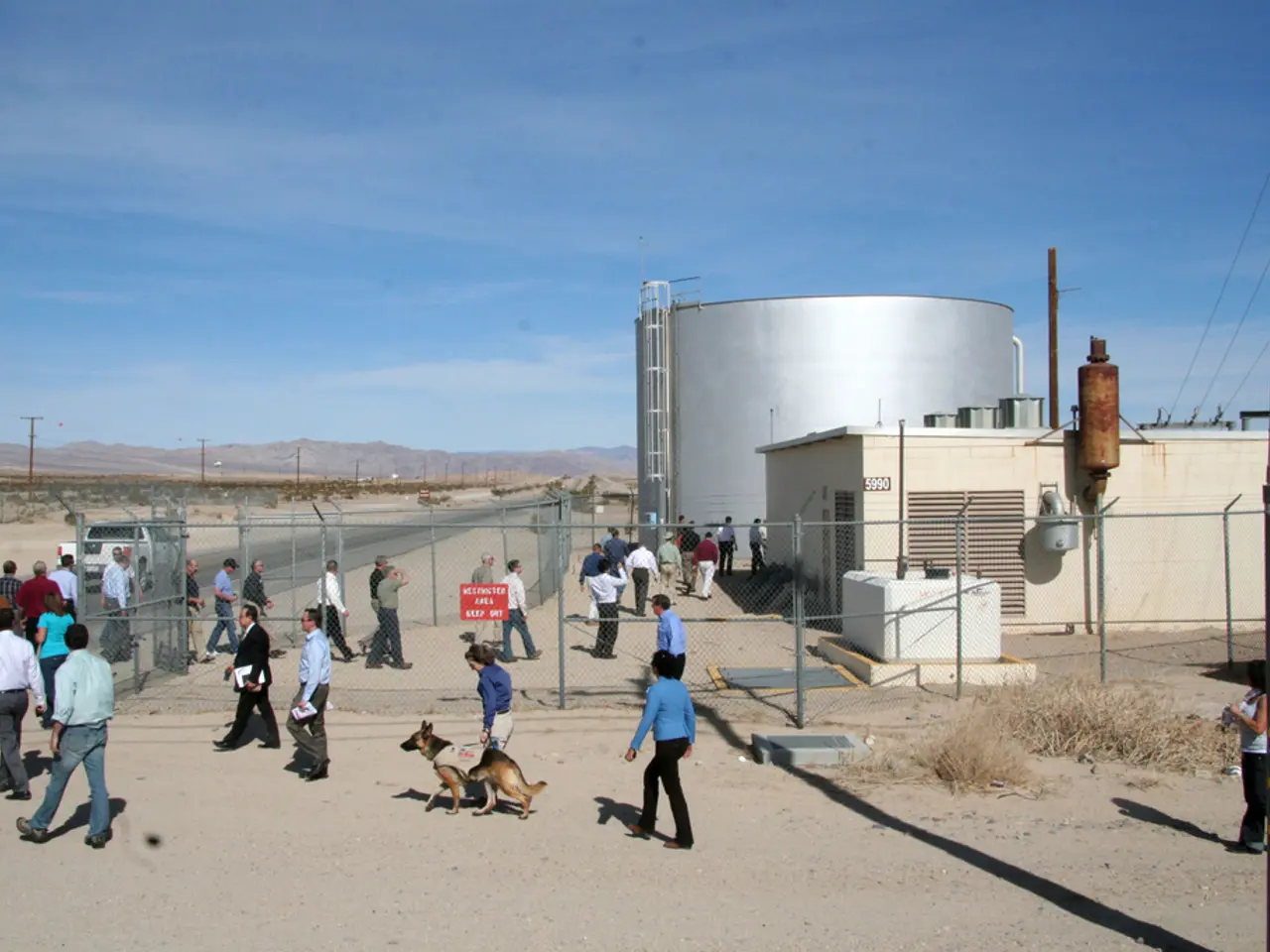Escalating border disputes between Cambodia and Thailand may entail significant economic perils, as per the apprehensions of experts.
In 2025, a border conflict between Cambodia and Thailand has resulted in significant economic costs, particularly in trade, tourism, displaced communities, and remittance flows. The conflict has disrupted bilateral trade, inflicted losses on tourism revenues, displaced communities near the border, and affected remittance flows from migrant workers, potentially shaving over 3% off Cambodia’s GDP.
Key Economic Impacts:
- Trade: Cambodia imposed import bans on Thai fruits, vegetables, telecom products, and energy such as diesel and LPG. Although alternatives from countries like Vietnam and Singapore have begun filling the gap, bilateral trade disruption is notable.
- Tourism: Tourism, contributing around 9% of Cambodia’s GDP, has been significantly hurt due to the border clashes and tense relations, as travelers avoid conflict zones and uncertainties rise.
- Displaced Families: Border violence and military confrontations in areas like the Emerald Triangle have led to displacement of local families, disrupting livelihoods and social stability.
- Remittances: The flow of remittances from Cambodian migrant workers in Thailand has faltered, affecting household income and consumption back home.
Potential Solutions and Responses:
- Cambodia and Thailand have agreed to adjust military deployments near the contentious areas, aiming to de-escalate armed confrontations and restore stability.
- Cambodia has sought to file the border dispute case with the International Court of Justice (ICJ) to resolve territorial claims legally.
- Economically, Cambodia is pivoting to substitute banned Thai imports with supplies from Vietnam and Singapore, aiming to reduce vulnerabilities.
- Analysts emphasize the need for Cambodia to diversify its economy further beyond textiles and tourism to build resilience against geopolitical shocks, potentially exploring expanded regional trade partnerships beyond Thailand.
However, these solutions face challenges. Cambodia currently has only 100,000 job openings, far below the capacity needed to absorb a large returning workforce. The lost income from these disruptions increases the risk of debt defaults among the displaced families.
Without a comprehensive mitigation plan, the socio-economic fallout from the border conflict will deepen. It is crucial for both countries to find a peaceful resolution to this conflict to ensure stability and economic recovery for their citizens.
Read also:
- Weekly happenings in the German Federal Parliament (Bundestag)
- Southwest region's most popular posts, accompanied by an inquiry:
- Discussion between Putin and Trump in Alaska could potentially overshadow Ukraine's concerns
- Massive 8.8 earthquake hits off the coast of Russia's Kamchatka Peninsula, prompting Japan to issue a tsunami alert.




